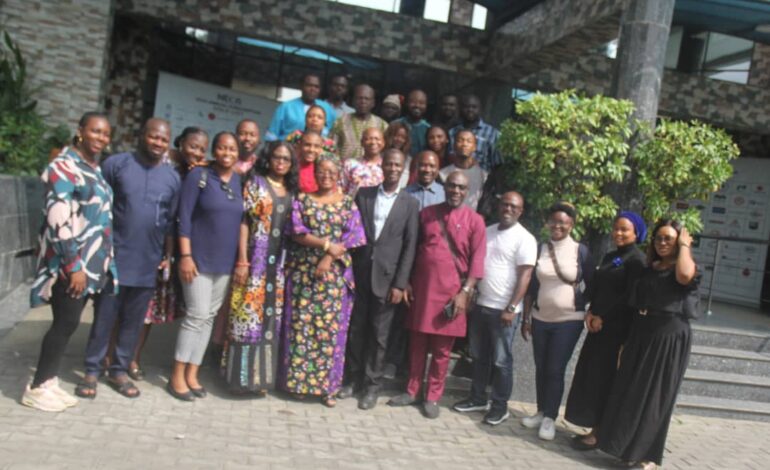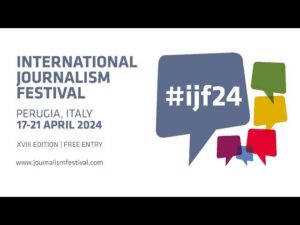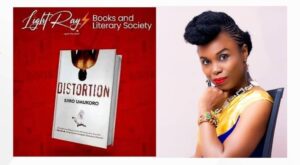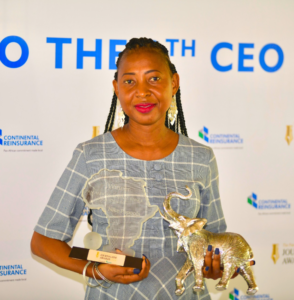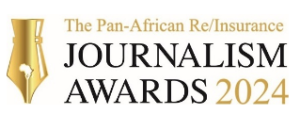The dangers involved in listening to and publishing false information that goes viral are grave.
To reduce the recurrence of such in the digital age, the Nigerian Employers’ Consultative Association (NECA) deemed it fit to organize a one-day intensive programme in Lagos on December 1, 2023
The programme tagged Combatting Disinformation in a Digital Age And Fact-Checking For Responsible Journalism was facilitated by the Executive Director, Media Career Development Network, Mr Lekan Otufodunrin and the Executive Director of International Press Centre, Mr Lanre Arogundade.
Both speakers did justice to the topic of the day, as Mr Otufodunrin emphasized the role of the media in combating disinformation, misinformation and the spread of fake news in the community, especially on the social media space in Nigeria.
He specifically highlighted areas of major concern for journalists when considering fact-checking as a means of writing news stories. The specific areas that need to be addressed include- statements, claims, reports, pictures, videos, audio and not opinionated views.
Since it is true that- “information is power” and that the populace has the right to be truthfully informed, the onus, therefore, lies on journalists- the custodians of information to be responsible as pacesetters in divulging truthful stories in the communication industry.
However, to be vast in the skill of fact-checking, journalists are cautioned to be factual while sourcing for evidence as this will undoubtedly protect the fact-checker from being fact-checked in the process of fact-checking.
Otufodunrin further stressed the importance of fact-checking to society and also to the journalist in particular.
He said firmly- “Fact-checking will help hold people accountable” thereby making political, spiritual and economic leaders conscious of their flimsy expression, now being aware of the aftermath effect as compared to the past when they get away with such.
Mr Arogundade- practically engaged the participants by exposing them to various websites that could serve as a tool for fact-checking fake stories. Examples of such tools include- The Google reverse search and the Deep trace- used to check deep fakes, in the case of fake videos and fake pictures respectively.
He further encouraged all practising journalists to embrace this new style of Journalism because of the opportunities and other immense value it offers
He however warned Journalists’ who are always in a hurry to break news stories to consider fact-checking before broadcasting such.
Arogundade reiterated some key points Journalists should guide against while fact-checking including getting rid of biases, blindspots and propaganda by admitting to such.
Interviewing the silent majority, he said, will help provide a new and factual view.
The facilitator continued by exposing the effects of social media in championing the cause of disinformation by referencing an American scholar who asserted that “WhatsApp is seen as the echo chamber of misinformation in the society”.
He urged Journalists not to rest on their oars as they continually sieve the chaff from the wheat while separating truth from fiction, to gain credibility from their confused audience who are between two opinions as per- who to believe.
He encouraged Journalists to have a flair for fact-checking, hoping that once this is established, Journalists will go the extra mile of practically using their insight to curb the ugly menace of fake news.
